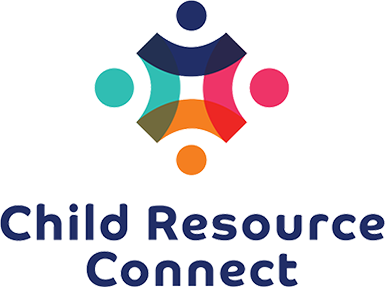Happening Now: Pathways for PreK Teachers
Children experience healthy child development that is crucial for success in school and in life, in family child care, centers, and school-based early childhood programs. Knowing this, the Kirwan Commission and the “Blueprint” legislation stood strong on a mixed delivery approach to delivering preK. That means having preK available in schools AND in child care centers and family child care homes. Parents can choose what’s best for their family, and the whole community benefits from partnering with early childhood educators in child care programs.
We are seeing first hand that it is right to evolve the thinking in the original Blueprint work.
Our Resource Center team has been engaging with early childhood educators in child care centers and family child care programs. Community-based early childhood educators know what it takes to participate as a true partner, and one of those things is alternative pathways to certification. (Ask us what the other pieces are, too!)
To ensure mixed delivery and meaningful teacher preparation, we must value the strengths and competencies of the existing workforce. We must look at the path to certification, or alternative ways to earn that certification. This is both an issue of ensuring equity for educators who have dedicated years to this field, as well as an opportunity to invest in learning that is happening where children currently are.
Legislation introduced in the Maryland House and Senate address ways to achieve the goals of the Blueprint by creating alternative pathways to be inclusive of community-based providers/programs along with addressing the critical early childhood workforce shortages.
We appreciate the Blueprint leaders, the Maryland State Department of Education, and bill sponsors for understanding and supporting this priority and hearing the voices of those affected by these policies!
Maryland State Child Care Association bill summary:
- Allows MSDE, Institutions of Higher Education or Nonprofit Organizations, in addition to County Boards, to establish an Alternative Teacher Program with approval by the State Superintendent.
- Ensures that certifications allow for residencies to be completed in a qualified Pre-Kindergarten Program (which can include the program where the early childhood educator currently works).
- Offers an Alternative Certification for Pre-Kindergarten teachers that establishes
equivalencies for certain requirements already outlined in the Blueprint, including a competency-based certification and apprenticeships. - Establishes standards and criteria to evaluate the knowledge and skills from prior learning relating to early childhood education, including from a registered apprenticeship and focuses on equivalencies to achieve goals of the Blueprint- Pillar 1
- Allows for teachers pursuing state certification through a state approved Alternative Preparation Program to meet the high staff qualifications to begin in the 2025-2026 school year.
